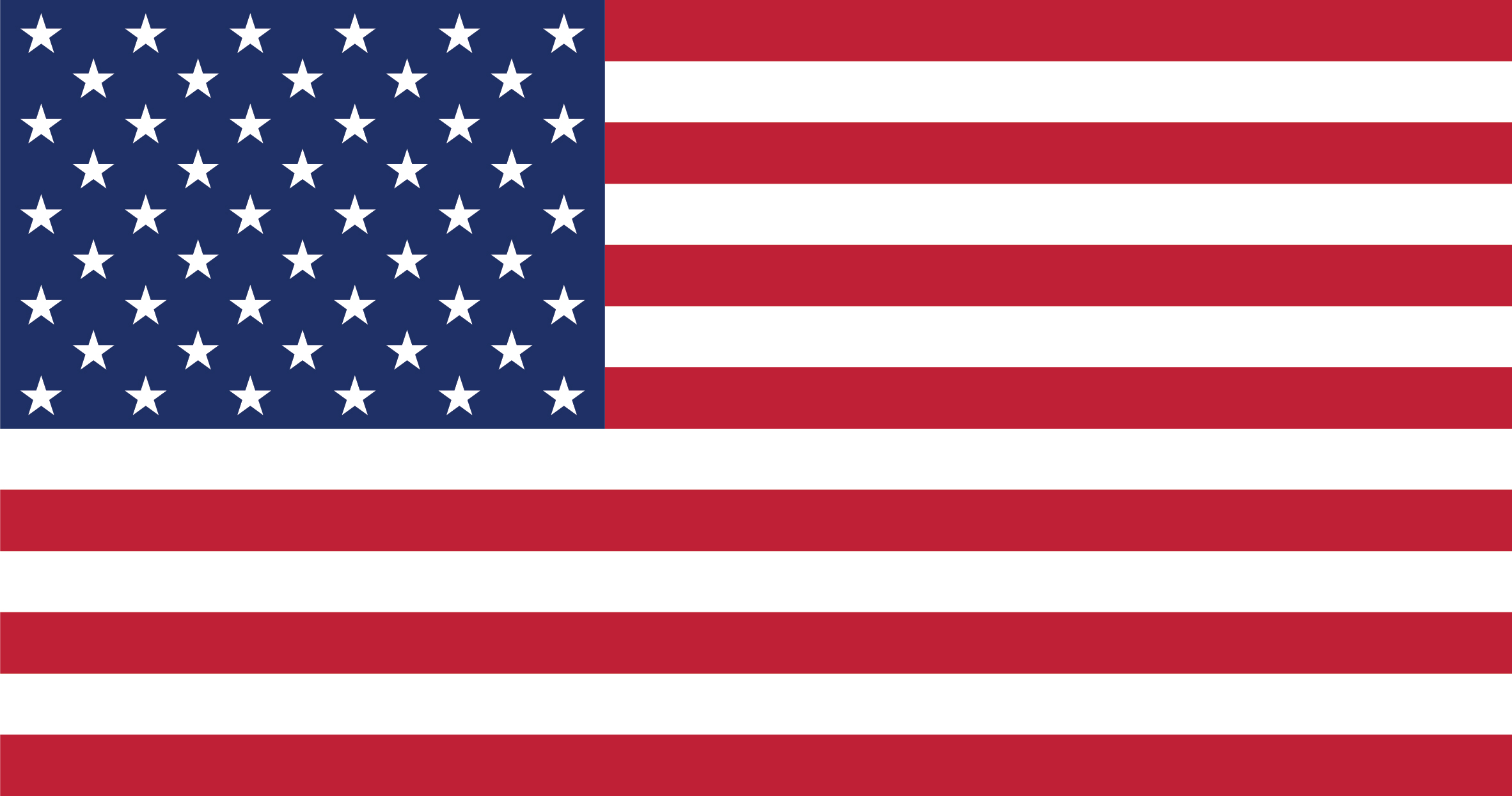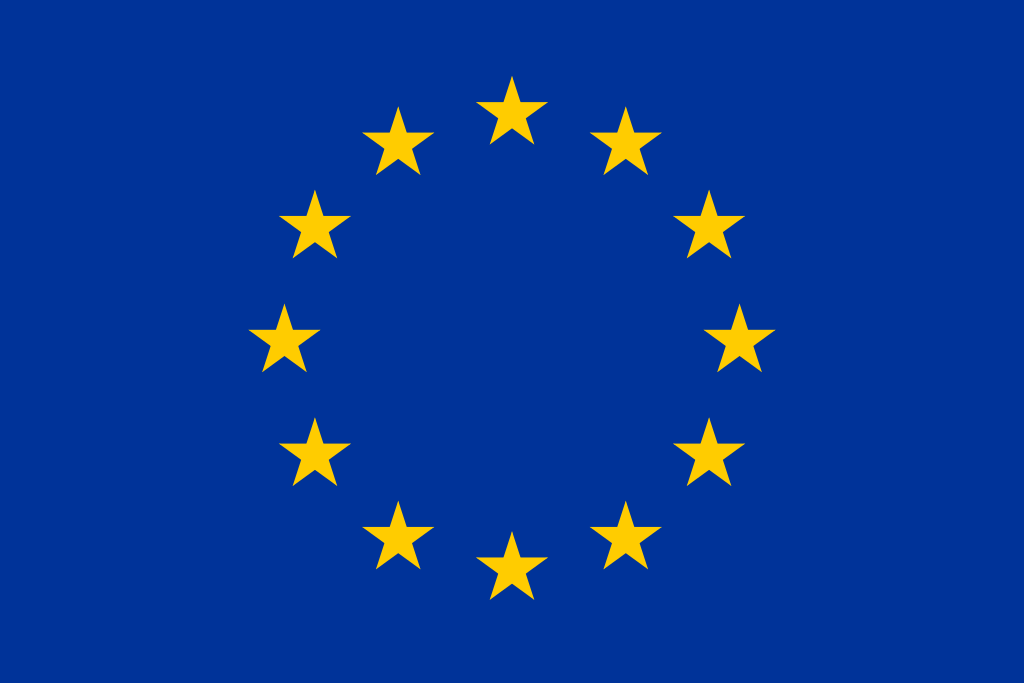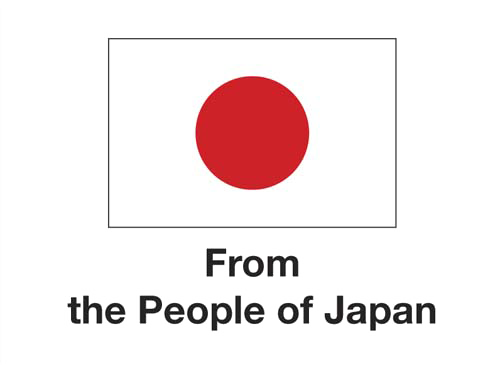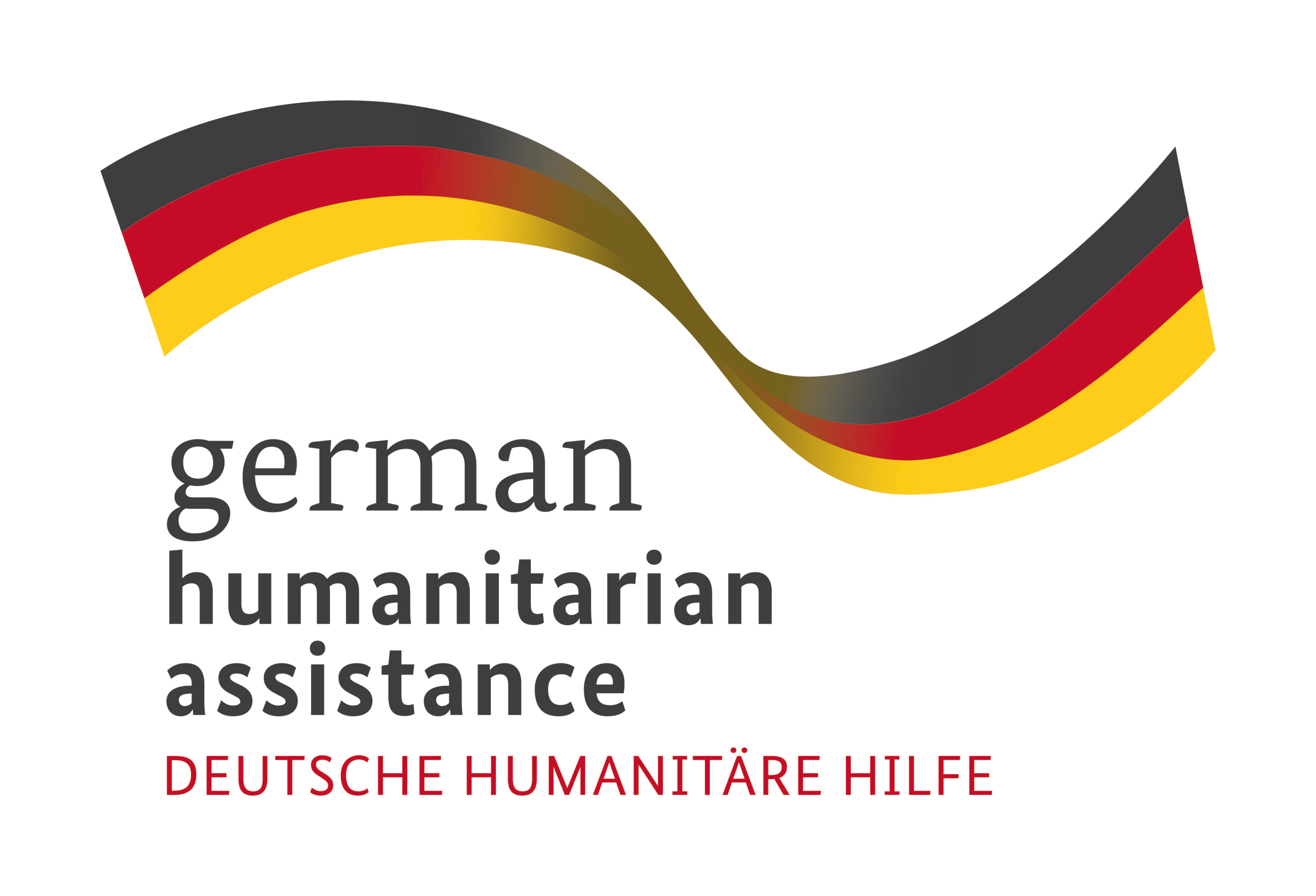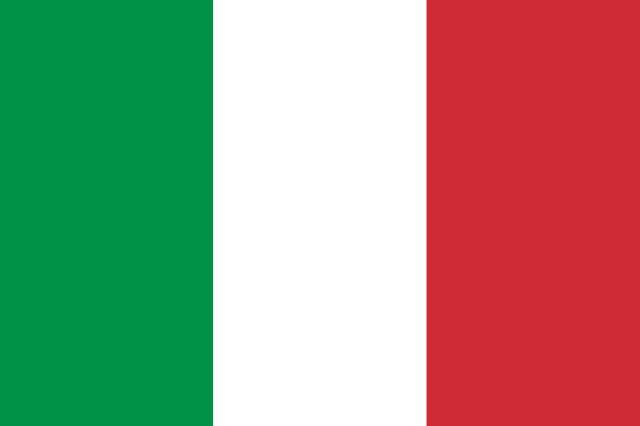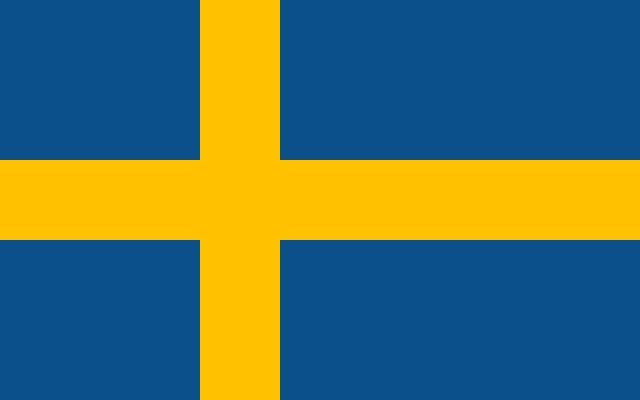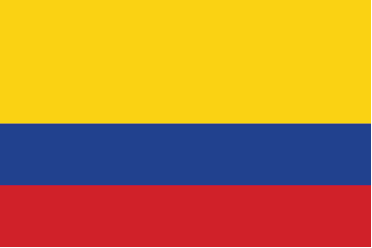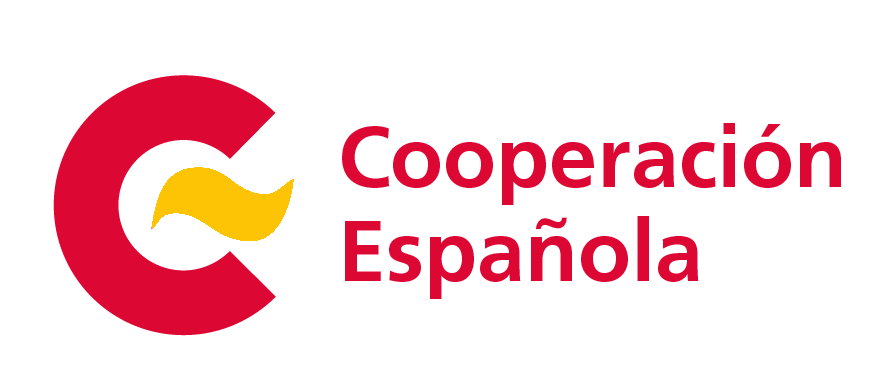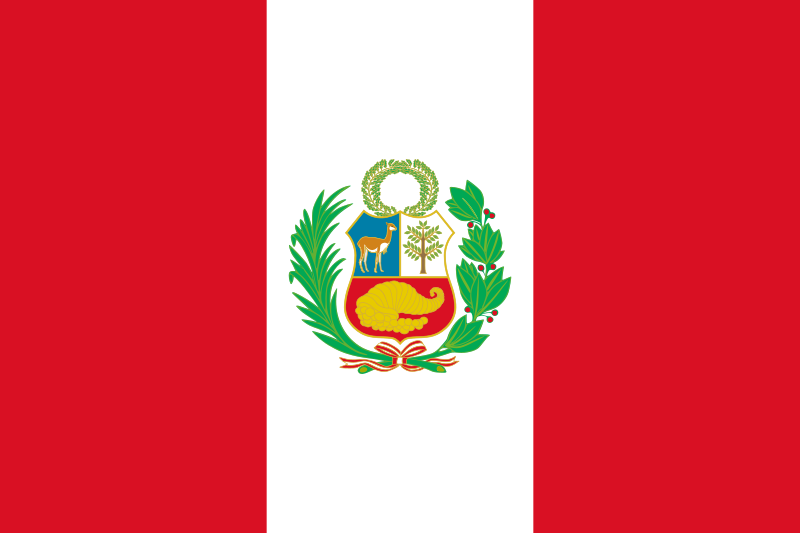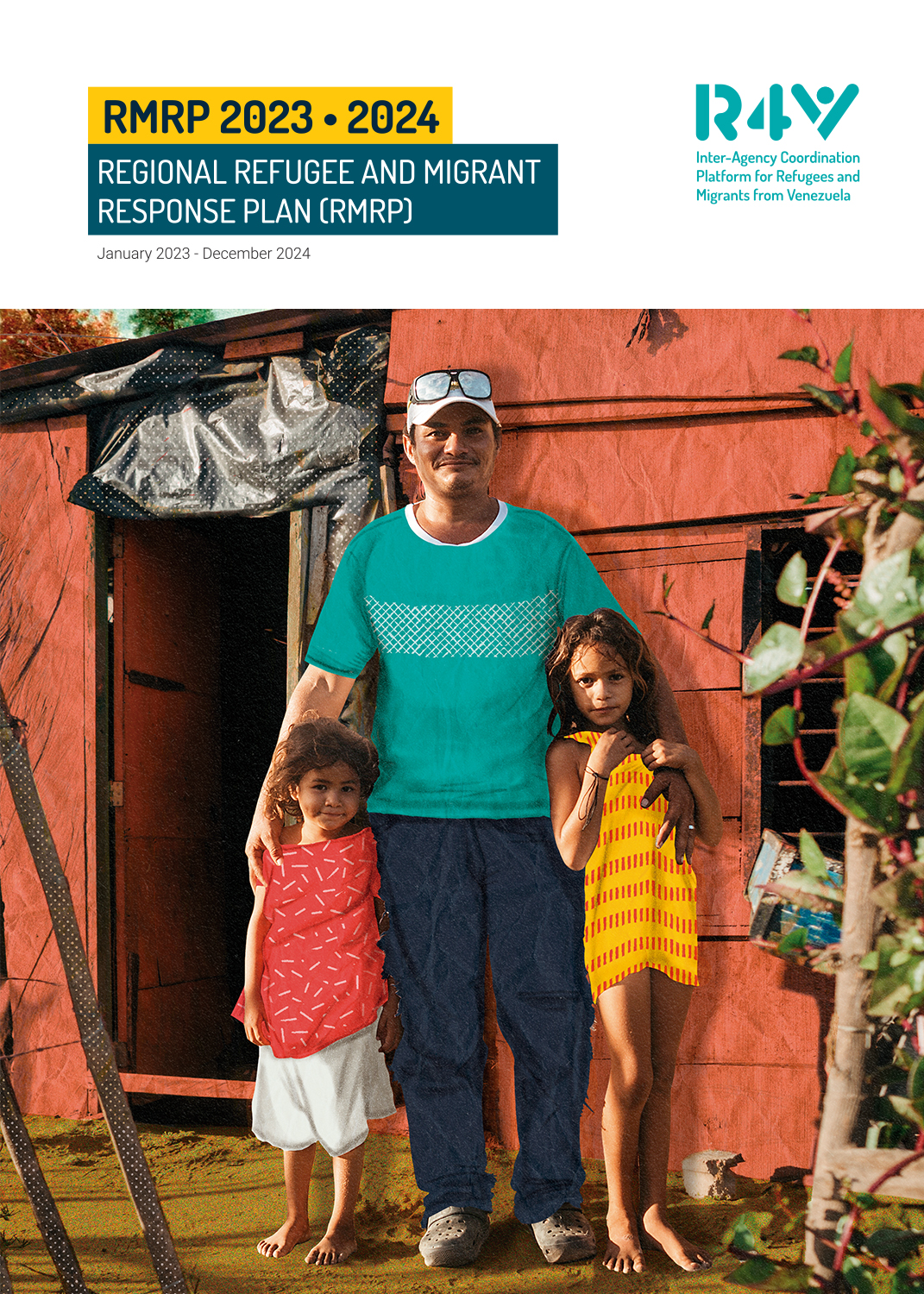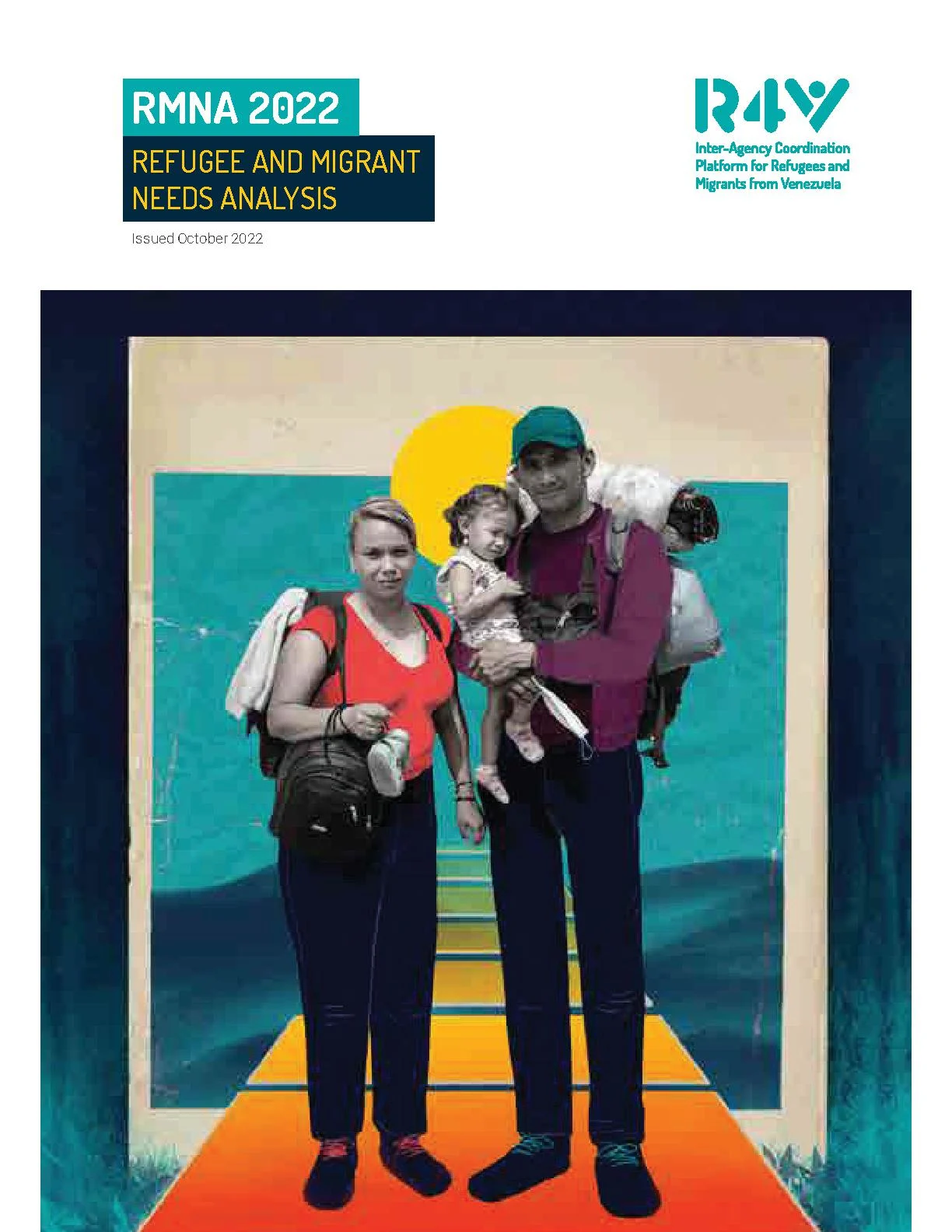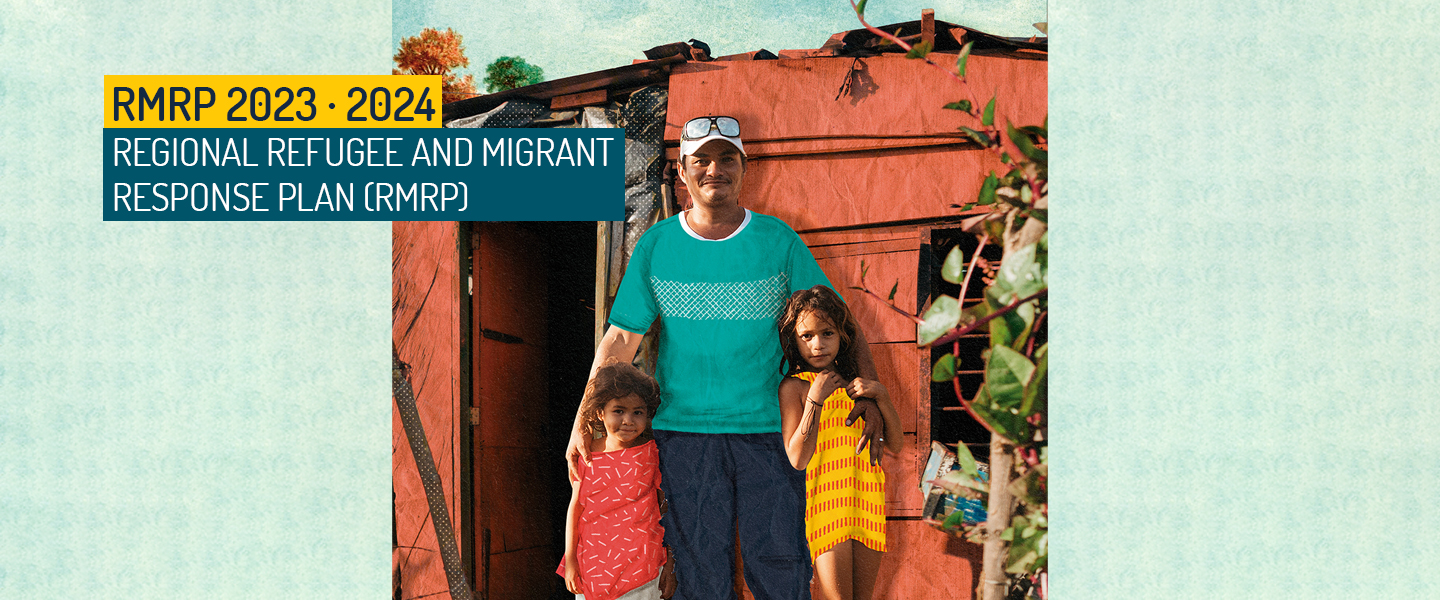
“Refugees and migrants from Venezuela cannot be forgotten. Many have seen their lives come to a standstill and millions are struggling to feed their families or find opportunities to rebuild their lives. They are eager to contribute to their host communities with their knowledge, skills and creativity, and they have been doing so, but they need our support to overcome their most pressing challenges.”
By end-2022, there will be an estimated 6.3 million refugees and migrants from Venezuela hosted across 17 countries in Latin America and the Caribbean.
According to the Refugee and Migrant Needs Analysis (RMNA), conducted by the Regional Inter-Agency Coordination Platform for Refugees and Migrants from Venezuela (R4V), and published in October 2022, the spiralling costs of living, lingering impacts of the COVID-19 pandemic, lack of documentation and the widespread irregular status of refugees and migrants, and very high unemployment rates have increased the vulnerability of refugees and migrants from Venezuela and have undermined the efforts made in previous years to rebuild their lives and to integrate in host societies across the region. This has led to 73.4 per cent of refugees and migrants in-destination being in need of assistance under this Regional Refugee and Migrant Response Plan (RMRP).
To respond to these mounting needs, this new multiyear RMRP 2023-24 will bring together an unparalleled number of 228 appealing partners, including 208 NGOs, civil society and faith-based actors (46 of which are refugee- and migrant-led organizations) to implement humanitarian, protection and socio-economic integration activities to assist the situation of 3.4 million refugees and migrants1 and affected host community members in 2023 alone. The corresponding financial requirements of the 228 partners in 2023 amounts to USD 1.72 billion.
[1] In Peru, Ecuador, Colombia, Panama and Costa Rica, the R4V response will also address the situation of 72.2K others in-transit (beyond Venezuelans and affected host communities).
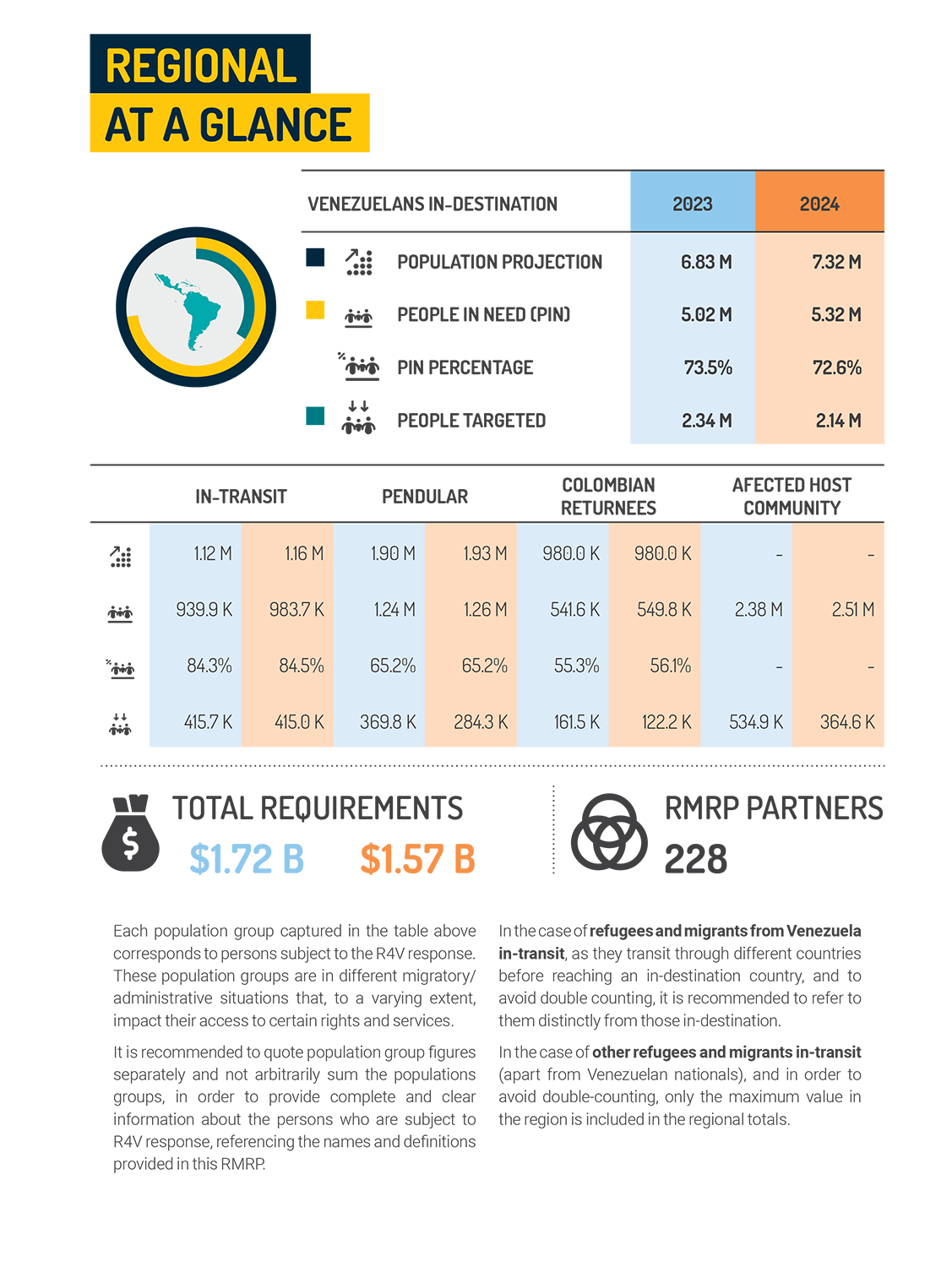
KEY RMRP FIGURES BY COUNTRY
Hover over a country to show key figures
National population projection figures do not include affected host community estimates. The full breakdown by population type of the country figures is available at the RMRP 2023-2024 Response Plan Insights Dashboard.
Key figures By national and sub-regional platforms
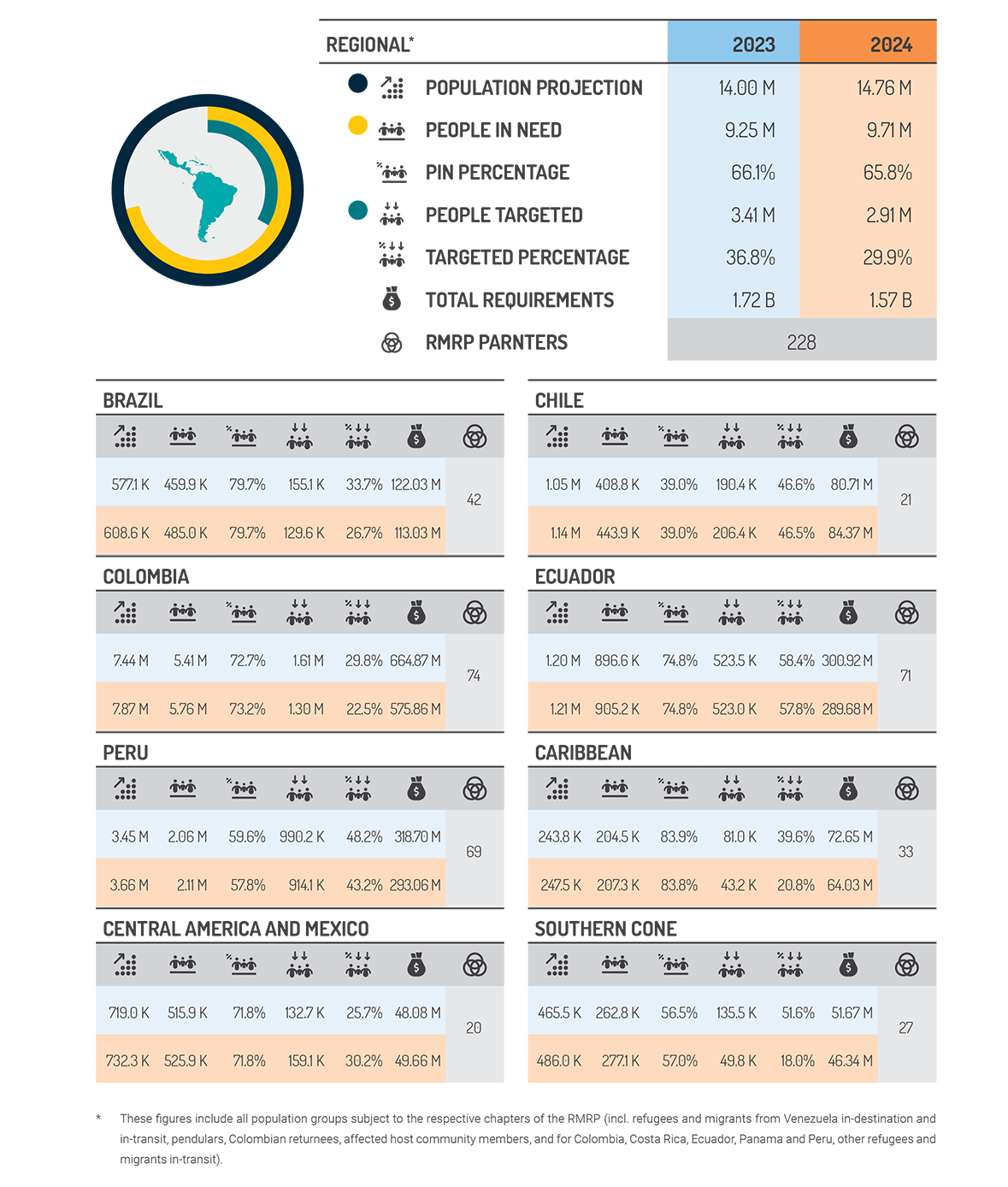
Where do we stand
©UNHCR/Eulirio Baes
Throughout 2022, an increase in the use of dangerous irregular routes and informal border crossings was observed, particularly due to a lack of documentation, increased visa controls, irregular status and lack of livelihoods or prospects for socio-economic integration. This further exposed refugees and migrants to risks of human trafficking, as well as to exploitation and abuse at the hands of smugglers, traffickers and other criminal networks.
In parallel, the majority of refugees and migrants from Venezuela have spent several years in their host countries. As a result, their needs surpass immediate life-saving interventions, and include access to asylum, to regularization and to social protection systems, as well as longer-term protection, self-reliance, and socio-economic integration. In response to these challenges, host governments are making efforts to regularize refugees and migrants from Venezuela in their territories and creating opportunities for integration.
In host countries, factors such as widespread irregularity, loss of or competition for livelihoods opportunities, limited education enrolment opportunities and lack of affordable housing have contributed to increased social tensions, at times resulting in incidents of xenophobia, discrimination and even violence.
Among the Venezuelans who have not benefitted from the notable regularization initiatives and who lack documentation, many have resorted to onward movements to new host countries, hoping for a safe and sustainable future. To get there, they often put their lives at risk by taking dangerous irregular routes, such as through the Darien jungle, between Colombia and Panama. Over 148,000 Venezuelans crossed the Darien between January and October 2022; 50 times more than in the whole of 2021. Alarmingly, of the refugees and migrants from Venezuela interviewed at reception stations in Panama, all claim to have seen, heard or been victims of sexual assault while walking through the jungle.
Host countries have shown continued leadership in responding to the crisis through establishing regularization initiatives and facilitating access to health, education and other social services. However, their capacities are stretched to a breaking point, and they require urgent international support.
Population flows in Latin America & the Caribbean
WHAT’S THE RMRP?
©Aldeas Infantiles
Since its establishment in 2018, the R4V Platform has acted as an inclusive and accountable forum that steers and monitors the operational response under the RMRP. The RMRP provides for immediate humanitarian and protection assistance for vulnerable refugees and migrants, encourages their inclusion into state-led planning efforts and national social protection systems, promotes self-reliance through income-generation and livelihoods programmes, and helps develop sustainable capacities of national and local actors to provide basic services.
Since its first iteration in 2019, the RMRP has served to channel USD 2.07 billion to more than 200 appealing partners, to positively impact the lives of refugees and migrants from Venezuela across the region, as well as affected host communities, including through the convening of solidarity and donors’ conferences (in 2019, 2020 and 2021), utilizing the RMNA and RMRP as advocacy tools, to ensure financial support is secured from international cooperation actors to respond to millions of refugees and migrants from Venezuela across the region.
After five years as a single-year response plan and building on an extensive consultative process with stakeholders in all 17 countries of the response, the R4V Platform has adapted the RMRP to the requirements and expectations of stakeholders to become a multi-year response plan, which allows for the 228 appealing partners of the RMRP 2023-2024 to include activities covering up to 24 months. This change will facilitate the inclusion of medium/longer-term socio-economic integration, social inclusion, and other activities, such as those targeting social cohesion and xenophobia, and is in line R4V’s commitment to supporting the Humanitarian-Development-Peace Nexus.
Detailed information on each appealing organization’s activity’s geographic and thematic focus, targeted individuals (disaggregated by age/gender/population group), and financial requirements, as well as updated information on its implementation status, is available on the Data Page of R4V.info, and on the R4V Humanitarian Data Exchange (HDX), underscoring the common commitment towards transparency and accountability of R4V partners.
FINANCIAL REQUIREMENTS BY SECTOR AND YEAR
THE REGIONAL RESPONSE for 2023-2024
©RET – Néstor Quiñones
Complementing government-led responses the RMRP’s 228 appealing organizations (including 82 national NGOs, 58 international NGOs, 33 faith-based organizations, 29 civil society organizations, 15 UN agencies, 6 organizations of the Red Cross Movement, 4 organizations of academia, and the World Bank) will implement 16,558 sectoral or multisectoral activities in 2023 alone, in 17 countries (Argentina, Aruba, Bolivia, Brazil, Chile, Colombia, Costa Rica, Curaçao, the Dominican Republic, Ecuador, Guyana, Mexico, Panama, Paraguay, Peru, Trinidad and Tobago, and Uruguay) to assist some 3.41 million refugees, migrants and members of host communities.
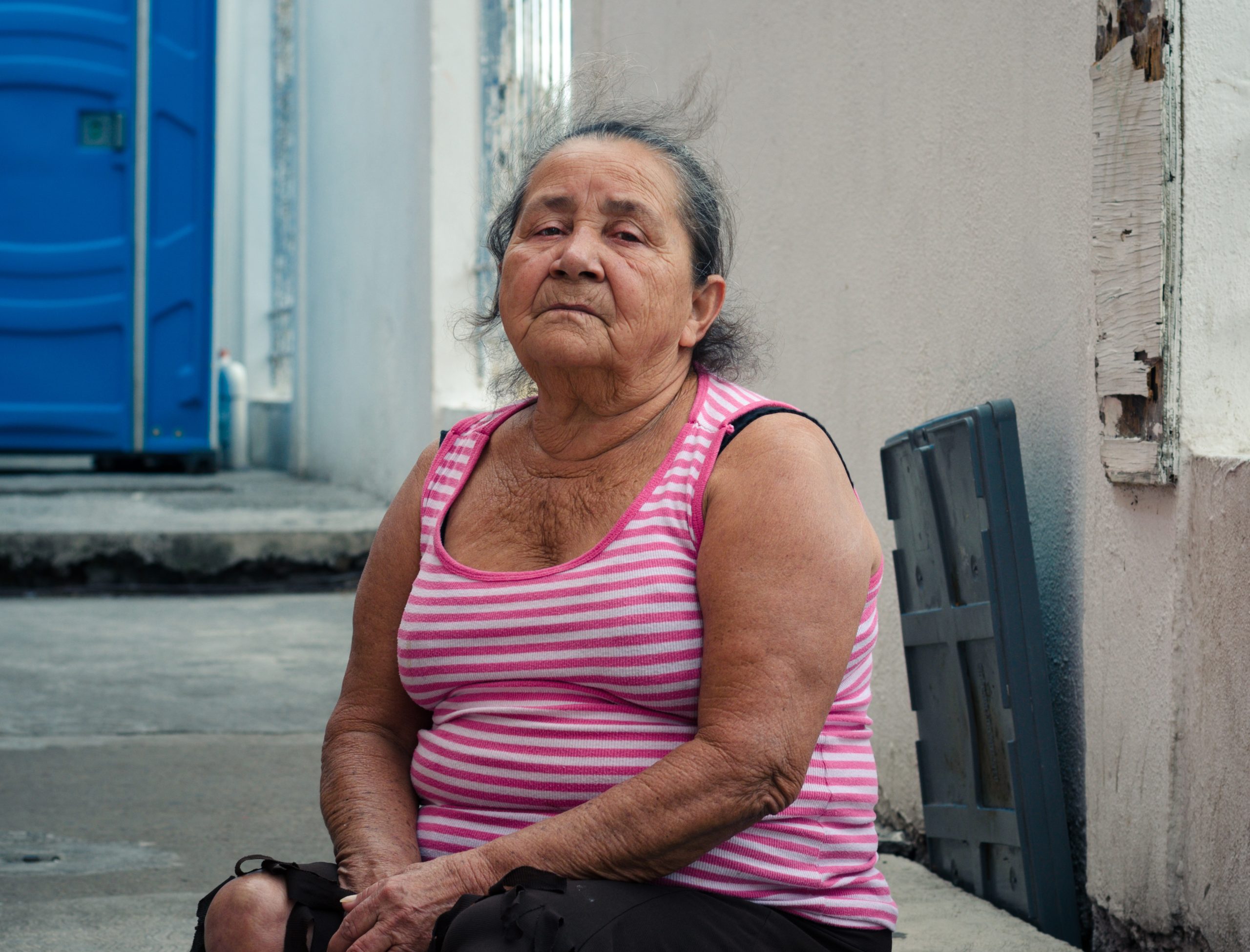
©IOM – Alejandro Cartagena
These objectives aim to improve the living conditions of refugees and migrants from Venezuela as well as of affected host community members, and to provide a foundation for a better future for them, in line with the UN Secretary-General’s Agenda for Humanity, the 2016 New York Declaration for Refugees and Migrants, the 2030 Agenda for Sustainable Development, and the Sustainable Development Goals (SDGs). Through an alignment and integration of SDGs into the RMRP, R4V actors will support host governments’ efforts to integrate SDGs in their national development plans and strategies, further strengthening the Humanitarian-Development-Peace Nexus across the region.
National/Sub-regional platforms downloads
sectorial downloads
RMRP 2023-2024 partner organizations
ACTED
Action against Hunger
ActionAid
Adventist Development and Relief Agency (ADRA)
Alas de Colibrí Foundation
Alianza por la Solidaridad
Americares Foundation
Apurimac ETS
Argentine Commission for Refugees and Migrants (CAREF)
ASBRAD – Associação Brasileira de Defesa da Mulher da Infância e da Juventude
Asociación Aves
Asociación Civil El Paso
Asociación Civil Lluvia Arcoiris
Asociación de Ciudadanos Migrantes Por Venezuela
Asociación de Venezolanos en Eloy Alfaro
Asociación de Venezolanos en la Cordillera Central
Asociación de Venezolanos en México
Asociación de Venezolanos Organizados en el Exterior
Asociación de Venezolanos y Refugiados en el Estado de Amazonas
Asociación Misioneros de San Carlos Scalabrinianos
Asociación Mujeres Positivas Activas
Asociacion Proteccion Poblacion Vulnerable
Asociación Quinta Ola
Asociación Venezuela en Ecuador AC
Associação Hermanitos
AVSI Foundation
Banho de Cidadania – Recife
Blumont
CARE
Caribbean Centre for Human Rights
Caritas Bolivia
Caritas Brazil
Caritas Chile
Caritas Ecuador
Caritas Germany
Caritas Manaus
Caritas Parana
Caritas Peru
Caritas Rio de Janeiro
Caritas São Paulo
Caritas Switzerland
Caritas Willemstad
Catholic Commission for Social Justice/Archdiocese’s Ministry For Migrant And Refugees
Cayetano Heredia University
CCEFIRO Association
CEDRO
Center for Integrated Studies and Programs for Sustainable Development (CIEDS)
Centro de Atencion Psicosocial (CAPS)
Centro de Desarrollo Humano
CESAL
ChildFund International
CHS Alternativo
City of Knowledge
Coalición por Venezuela
Colonia Foundation of Venezuelans in the Dominican Republic (FUNCOVERD)
Comisión Episcopal de la Pastoral de Migrantes e Itinerantes
Compassiva
Compromiso Migrante
Consejo Interreligioso del Perú – Religiones por la Paz
Consorcio de Org. Privadas de promoción al desarrollo de la micro y pequeña empresa
COOPI – International Cooperation Foundation
Corporación Alianza Humanitaria Tricolor
Corporación Colectivo Sin Fronteras
Corporación de Desarrollo de Ambato y Tungurahua
Corporación Dios nos Brinda una Segunda Oportunidad
Corporación Red Mujeres Feministas Unidas por los Derechos y la Acción Política-Mujer,Denuncia y Muévete
CPUED
CRISFE Foundation
Cuso International
Danielle’s Children Fund (DCF)
Danish Refugee Council (DRC)
De Pana Que Sí
Development and Self-Management Center
Development Support Association – APOYAR
Diakonie Katastrophenhilfe
Diálogo Diverso
Doctors of the World
Dominican Institute for Integrated Development
Duendes y Ángeles Vinotinto República Dominicana
Educational Foundation Rada
Encuentros SJS (Servicio Jesuita de la Solidaridad)
Ending Violence Against Migrants
Foro Salud Callao
Foundation for the Integration and Development of Latin America (FIDAL)
Foundation of the Americas (FUDELA)
Fraternity – International Humanitarian Federation
Fraternity Without Borders
Fundación Activados Panamá
Fundación Aires de Esperanza
Fundación Alianzas Solidarias
Fundación Brisas del Norte
Fundación Cultural Simón Bolívar
Fundación de Emigrantes y Refugiados Sin Fronteras Para El Mundo
Fundación Espacio Creativo
Fundación Esquel
Fundación Haciendo Panas
Fundación Humano y Libre
Fundación Manos Venezolanas
Fundación MUEVE
Fundación Mujer & Mujer
Fundación Operación Libertad Internacional
Fundación Pro-Integración Inclusión y Participación
Fundación Quimera
Fundación RadaBer
Fundación Scalabrini Bolivia
Fundación Sin Frontera Manizales
Fundación Venezuela & Colombia
German Development Cooperation Agency GIZ
Globalizate Radio
GOAL
Halü Bienestar Humano Foundation (HALU)
Heartland Alliance International (HAI)
HELVETAS Swiss Intercooperation
HIAS
Human Rights Defence Curaçao
Humanity & Inclusion
Idas y Vueltas Association
IEB – Instituto Internacional de Educação do Brasil
iMMAP
IMPACT Initiatives (REACH)
INCAMI – Instituto Católico Chileno de Migración
Inmigrante Feliz Association
INPPARES
Institute for Migration and Human Rights (IMDH)
Institute of Natural and Cultural Heritage (IPANC)
Instituto de Democracia y Derechos Humanos – Pontificia Universidad Católica del Perú
Instituto de Promoción del Desarrollo Solidario
International Committee for the Development of People (CISP)
International Federation of the Red Cross (IFRC)
International Labour Organization (ILO)
International Organization for Migration (IOM)
International Rescue Committee (IRC)
INTERSOS
Jesuit Migrant Service (JMS)
Jesuit Refugee Service (JRS)
Jesuit Service for Migrants and Refugees (JSMR)
Joint United Nations Programme on HIV/AIDS (UNAIDS)
Kimirina Coorporation
La Casita Hispanic Cultural Centre
Las Reinas Pepiadas
Living Water Community
LLANOVENCOL
Lunita Lunera Foundation
Lutheran World Federation
Lutheran World Relief
MAG-The Bay
Malteser International
Mana Institute
Manos Veneguayas Association
Más Igualdad Perú
MedGlobal
Medical Teams International
Mercy Corps
Migrant Service Center (CAM)
Mirares
Mision Scalabriniana – Ecuador
Missão Paz
Munasim Kullakita Foundation
Museu A CASA
Norwegian Refugee Council (NRC)
OCASIVEN
ONG Migrantes por el Maule
OXFAM
Panamerican and Caribbean Union for Human Rights
Panamerican Development Foundation
Panamerican Health Organization/World Health Organization (PAHO/WHO)
Partners in Health
Pastoral Service for Migrants National
Permanent Human Rights defense Committee (CDH)
Plan International
Plataforma de Personas que Ejercen Trabajo Sexual
Population Program, Faculty of Social Sciences, University of the Republic
Profamilia Association
Programa de Soporte a la autoayuda de personas seropositivas
Rape Crisis Society of Trinidad and Tobago
Red Cross Argentina
Red Cross Bolivia
Red Cross Colombia
Red Cross Ecuador
Red Cross Peru
Red de Investigaciones en Derechos Humanos – CONICET (Consejo Nacional de Investigaciones Científicas y Técnicas)
Refúgio 343
RET International
Ronald McDonald House
Salú pa Tur Foundation
Salvation Army
Samaritan’s Purse
Save the Children International (SCI)
Sección Peruana de Amnistía Internacional
Serviço Pastoral dos Migrantes do Nordeste
Sesame Workshop
Si, Da Vida
Social Assistance Foundation of the Christian Churches (FASIC)
Solidarités International
Solidarity and Action Asociation
SOS Children’s Villages
Takuna Foundation
Tarabita Foundation
TECHO
Terranueva Foundation
Terre des Hommes Suisse
The Heroes Foundation
The Israel Forum for International Humanitarian Aid (IsraAID)
Unión Venezolana en Perú
United Nations Children’s Fund (UNICEF)
United Nations Development Programme (UNDP)
United Nations Educational, Scientific and Cultural Organization (UNESCO)
United Nations Entity for Gender Equality and the Empowerment of Women (UNWOMEN)
United Nations Food and Agricultural Organization (FAO)
United Nations High Commissioner for Refugees (UNHCR)
United Nations Office of the High Commissioner for Human Rights (OHCHR)
United Nations Office on Drugs and Crime (UNODC)
United Nations Population Fund (UNFPA)
United Nations Programme for Human Settlements (UN Habitat)
UruVene
Vale da Benção Educational and Charitable Association (AEBVB)
VeneAruba Solidaria
Venex Curaçao Foundation
Venezolanos en San Cristóbal
Vicaría de Pastoral Social Caritas
We World GVC
Welcome Venezuela
World Bank
World Council of Credit Unions
World Food Programme (WFP)
World Vision
Young Potential Development Ecuador SA (LAB XXI)
ZOA
MAIN RMRP DONORS
